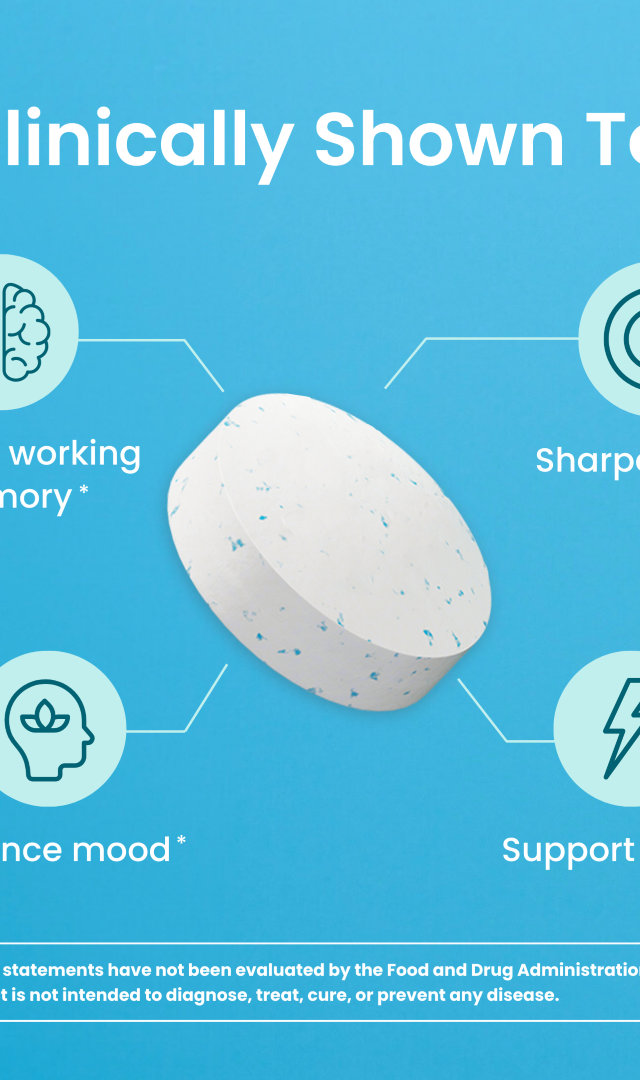One of the most fundamental yet often overlooked aspects of our health is the circadian rhythm. This natural, internal process regulates our sleep-wake cycle and is influenced by environmental cues like light and temperature. Understanding the circadian rhythm is crucial for maintaining not just quality sleep, but also overall health and well-being. In this blog, we'll explore the mechanisms of the circadian rhythm and its impact on our health.
Understanding Circadian Rhythm
The circadian rhythm, often referred to as the body's internal clock, is a 24-hour cycle that governs numerous physiological processes, including sleep, alertness, hormone levels, body temperature, and metabolism. Here’s how it works:
1. Light: The Primary Cue
Exposure to light is the main factor that helps regulate our circadian rhythm. Natural sunlight or bright light during the day helps keep us awake and alert. As the sun sets and darkness falls, our bodies begin to produce melatonin, a hormone that promotes sleep, signaling that it's time to rest.
2. Impact on Sleep Quality
A well-regulated circadian rhythm aligns with the natural environment, leading to consistent and restful sleep patterns. Disruptions to this rhythm, such as exposure to light at night or irregular sleeping patterns, can lead to sleep disorders and a decline in the quality of sleep.
3. Beyond Sleep: Effects on Health
The circadian rhythm also influences various bodily functions and systems. Disruptions in this rhythm have been linked to numerous health issues, including obesity, diabetes, depression, and cardiovascular diseases.
The Circadian Rhythm: How It Influences Your Sleep-Wake Cycle
Aligning with Your Circadian Rhythm
To promote a healthy circadian rhythm and improve sleep quality, consider the following tips:
-
Seek Natural Light: Expose yourself to sunlight or bright light during the day. This helps maintain a healthy sleep-wake cycle.
-
Maintain Regular Sleep Patterns: Try to go to bed and wake up at the same time every day, even on weekends.
-
Create a Nighttime Routine: Dim the lights and engage in relaxing activities as bedtime approaches to signal to your body that it's time to sleep.
-
Limit Blue Light Exposure in the Evening: Reduce the use of screens emitting blue light, like smartphones and computers, before bedtime.
-
Optimize Your Sleep Environment: Ensure your bedroom is dark, quiet, and cool to facilitate better sleep.
The Circadian Rhythm: How It Influences Your Sleep-Wake Cycle
The circadian rhythm is a vital component of our daily lives, intricately linked to how we sleep and function. By understanding and respecting this natural cycle, we can improve not just our sleep quality, but also our overall health and well-being. Simple adjustments to our daily routines and sleep environments can significantly enhance our alignment with the circadian rhythm, leading to more restful nights and energized days.























